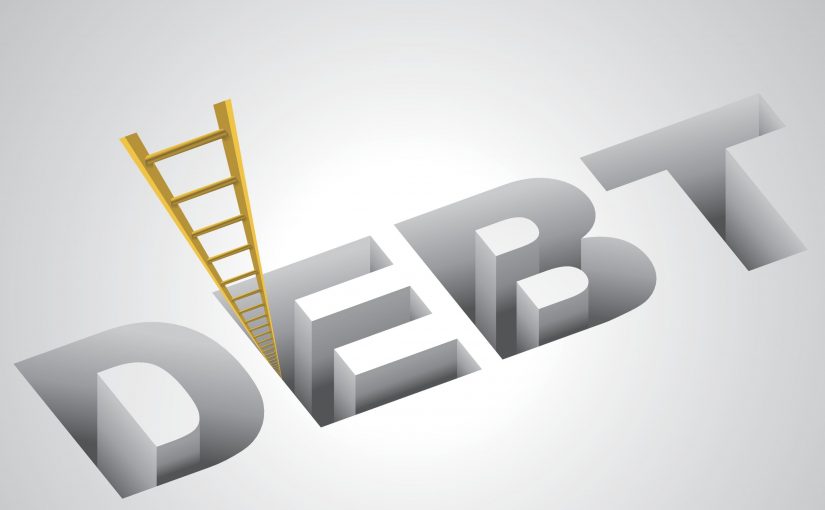This post may contain affiliate links please read our disclosure for more info.
Image credit: https://www.bloemfonteincourant.co.za/
It’s no coincidence that debt is a four letter word. As adults, we understand that debts are something we should eradicate from our lives as much as possible. There are different forms of debt of course; mortgage and student loan debts are deemed acceptable by most, whereas credit card debts and loans are not. It’s not a mystery how debt occurs, it is simply a result of spending more money than you have whether in the short term or on an ongoing basis. Debt can have far reaching psychological effects on people and unfortunately many people struggle to cope with the pressure it brings. If you feel this way, please contact the National Debt line via this link.
Strategy for Clearing Debts
Paying debts off can be a fantastic experience, which is quite strange when you consider there is nothing tangible at the end. There is no trophy, certificate or awards ceremony for paying off a debt. What is the best strategy for paying off debts? Individual circumstances may vary of course, but broadly speaking the approach I have outlined below is a good one for most people.
Calculate the Total Amount that You Owe
Be intentional about this, create a spreadsheet with all your debts and interest rates listed. It may not be pleasant reading but facing up to the full extent of your debts is a great first step.
Work Out Which Debt ‘Costs’ You More
In most cases this will be the debt with the highest interest rate. It is likely to be a credit card, they tend to have higher interest rates and cost more. The worst of your credit cards should be your focus. Prioritise this card for any payments you make towards debt without jeopardising your monthly budget.
If Possible Make Minimum Payments on Other Debts
I know, this is easier said than done of course; you may be presented with the choice of paying more of a costlier debt at the expense of missing a payment for a less costly debt. In that situation, I would pay more of the costlier debt. Ultimately, you will reduce your worst debt quicker that way.
Communicate with Your Creditors
Be careful with how much information you communicate to your creditors for this reason, you cannot predict how each will react. ‘Radio silence’ is not an option but proceed with caution. Let’s imagine that you have been made redundant. I don’t need to imagine because that has happened to me. When you tell some of creditors they may be sympathetic and give you some additional flexibility whilst you get back on your feet. However, some will now categorise you as ‘high risk’ and this will affect your credit rating and access to money even for basic essentials.
Be Consistent and Keep up the Momentum
You may be tempted to reward yourself for making progress reducing your debts. In principle this is fine, but my recommendation would be that the celebration is extremely low cost; your favourite bar of chocolate rather than a bottle of champagne, for example.
Peer Group Support
If you know of other people who are on a similar debt reduction journey form a group with them and support each other. It will strengthen your resolve. There are also lots of online communities, websites and podcasts that will give you additional support. Make use of them.
If you follow the steps above you will reduce your debt and by being consistent you will reach the day when you are debt free. On that day, I think you definitely should upgrade your reward or celebration. You will have earned it.
One final consideration for you, in the United States there is a personal finance guru called Dave Ramsey. Rather than the approach I have outlined above, he advocates starting with the smallest debt irrespective of the interest rate in what he calls the Debt Snowball. His rationale is that your Debt Snowball builds momentum and helps you to keep going.
If you have liked this post you will also like the following posts:
What are the Different Types of Savings Accounts?
My aim with each blog post is to help you move to a better financial future. I believe that financial education is largely absent from the national curriculum and I intend to share anything helpful that I have learned along the way. I am by no means a financial expert. None of the information on this website constitutes financial advice and is provided as general information only. This is my personal finance blog; my marketing blog is over here and I have been blogging there since 2010.
I hope you have found this information useful. Thank you for reading.
Best regards,
Mike




